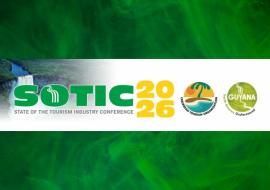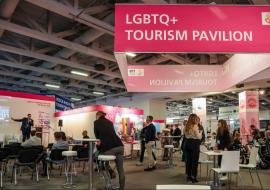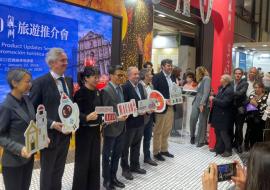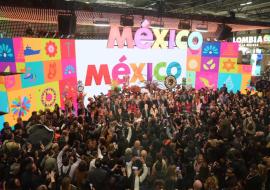FCCA 31st Annual Cruise Conference & Trade Show Concludes in Puerto Rico
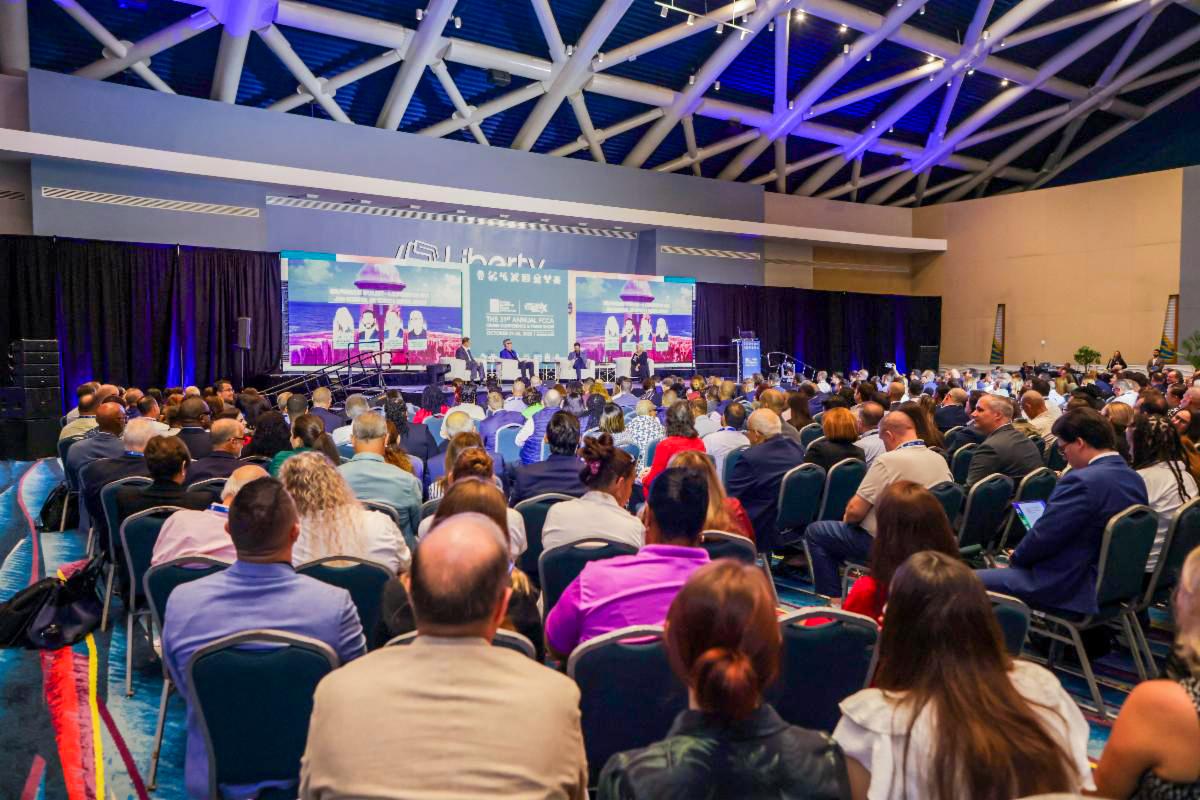
The 31st Annual Florida-Caribbean Cruise Association (FCCA) Cruise Conference & Trade Show concluded in San Juan after a week of high-level discussions, strategic business meetings and renewed commitment to advancing the cruise sector through collaboration, innovation and sustainable growth. Hosted by the Puerto Rico Tourism Company, the event brought together senior cruise executives, government ministers, tourism directors and key stakeholders — including FCCA Presidential Partners and Platinum Members from the Caribbean, Latin America and beyond.
Opening the event, Michele Paige, CEO of the FCCA, reiterated the association’s core mission of partnership. Quoting FCCA Chairman Micky Arison, Paige stressed that destinations benefit most from the cruise economy when they understand how it works. “We come together to communicate, collaborate and be partners,” she said, reminding delegates that more than 100 cruise executives had traveled to engage directly with stakeholders. “We are your partners; we want everyone here to succeed.”
Willianette Robles, Executive Director of the Puerto Rico Tourism Company, welcomed participants to San Juan, calling it “the cruise capital of the Eastern Caribbean.” She highlighted a historic milestone: Puerto Rico expects to receive 1.9 million cruise passengers this season. Robles noted that Puerto Rico is “not just welcoming ships — we are building the future of Caribbean cruising,” pointing to investments in infrastructure, technology and workforce training.
Governor Jenniffer González-Colón reinforced Puerto Rico’s leadership in cruising and outlined plans to expand cruise activity beyond San Juan. She cited ongoing terminal upgrades and efforts to modernize port infrastructure across the island. “The cruise industry is constantly moving forward,” she said. “To stay competitive, we must stay connected — with vision, readiness and collaboration.”
During his state of the industry address, Josh Weinstein, President and CEO of Carnival Corporation & plc, delivered an optimistic outlook, stating that “nowhere is the appetite for cruise travel and growth greater than in the Caribbean and Latin America.” With 37.7 million passengers projected this year — a 27% increase over pre-pandemic levels — he credited the region for offering “welcoming, diverse and high-value itineraries.” Weinstein emphasized the cruise industry’s economic impact, supporting local economies, communities, small businesses and jobs across the region.
Key sessions included the Cruise Industry Masterclass led by Ambra Attus of the Aquila Center for Cruise Excellence, who urged destinations to adapt to trends such as sustainability, technology, and personalization. Executives participating in CEO forums included Weinstein (Carnival Corporation & plc), Michael Bayley (Royal Caribbean), Christine Duffy (Carnival Cruise Line), Gus Antorcha (Princess Cruises), Chris Ivy (Margaritaville at Sea) and Joe Schott (Disney Signature Experiences). Panelists highlighted the importance of infrastructure investment, brand positioning, and exclusive destination development, while cautioning against excessive taxes and unplanned fees that could impact deployment decisions.
Workshops covered homeporting, crisis management, AI integration, digital communications, and destination resilience. In a standout session, Eric Benedict of Access Cruise Inc. demonstrated how artificial intelligence can streamline operations and enhance guest experiences, while Beverly Nicholson-Doty of Figment Design stressed the importance of building purpose-driven resilience into tourism strategy. The closing session, led by Bevan Springer of Marketplace Excellence, provided a masterclass on integrated communications and results-driven digital storytelling.
As the event concluded, one theme echoed throughout: the future of cruising depends on partnership, purpose and people. In the words of Ambra Attus, “When one of us thrives, the whole industry thrives.”







